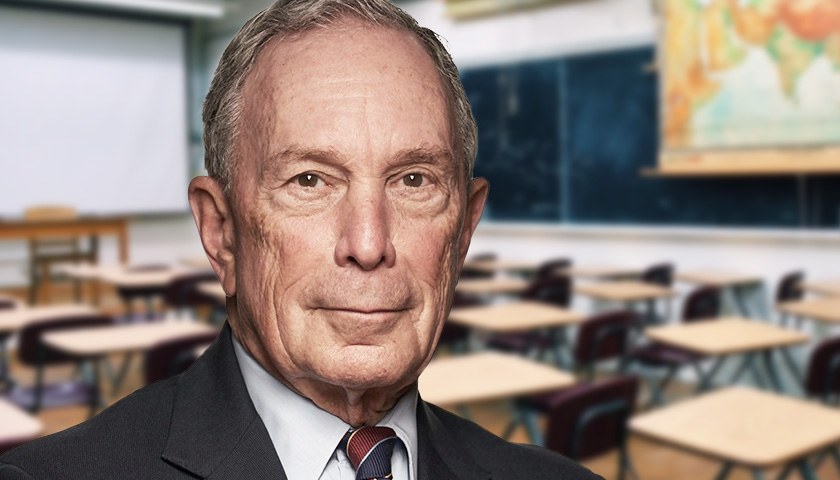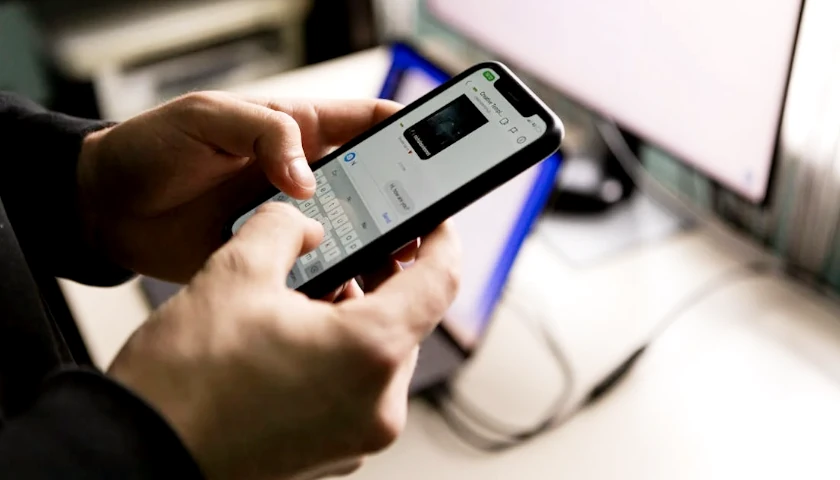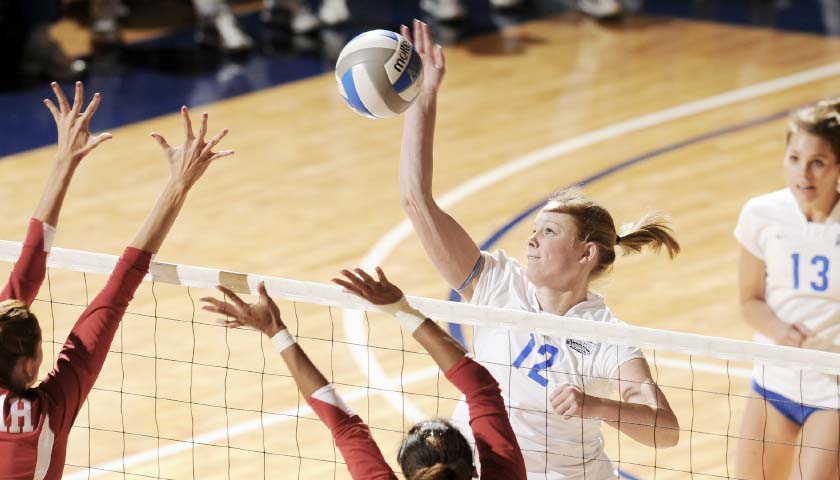Former Democrat New York City Mayor Michael Bloomberg says teachers’ unions were responsible for keeping schools locked down during the pandemic, a move that has enabled a mass exodus of students from traditional government schools throughout the country.
Given the generally poor academic achievement of America’s students in public schools, the steep drop in enrollment means states are now paying more to educate fewer children, and “paying more for failure,” he asserts.
Bloomberg, the founder of the parent company of Bloomberg News, noted in an opinion column Thursday that “nearly 1.3 million students have left public schools since the pandemic began,” a finding the former mayor described as “deeply disturbing” because it seems to have escaped public “outcry.”
Perhaps, however, the “outcry” is non-existent.
In an effort to use his influence to save the government school system, the former mayor explained it is not difficult to see what has happened as a result of parents “voting with their feet” to remove students from government schools:
Given that state education funding formulas rely on student population numbers, a large reduction in students will lead to a corresponding reduction in school budgets. That’s the law of supply and demand. Otherwise, at this rate, the public will soon be paying teachers to lead half-empty classrooms.
Bloomberg decried the typical response of teachers’ unions and their allies in politics and the media to the plummeting government school enrollments and the resulting loss of funds; that is, throw more money at it:
Since 2020, Congress has sent an additional $190 billion to schools, in part to help them reopen safely and stave off layoffs. But in many districts, union leaders resisted a return to in-classroom instruction long after it was clear that classrooms were safe. And by and large, remote instruction was a disaster. By one analysis, the first year of the pandemic left students an average of five months behind in math and four months behind in reading, with much larger gaps for low-income schools.
School choice activists have been making the same point:
underperforming private schools shut down
underperforming government schools get more money. https://t.co/jTL6EbGg56
— Corey A. DeAngelis, school choice evangelist (@DeAngelisCorey) March 17, 2022
— School Choice Boyz (@schoolchoicebyz) May 16, 2022
Of course, government schools had been failing students well before 2020.
One left-wing “reform” after another, the most recent being the Common Core State Standards and the political push for “equity,” has left America with an even wider achievement gap in which the academic performance of minority and struggling students has declined even further.
The Nation’s Report Card assessments, for example, have showed the lowest-performing students have made no progress in reading since the first administration of the test three decades ago.
Dr. Peggy Carr, Associate Commissioner, notes that the lowest performing students–those readers who struggle the most–have made no progress in reading since the first assessment almost 30 years ago. Learn more: https://t.co/EWajchXvIH#NAEPDay pic.twitter.com/9zanK5fPmv
— NAEP, The Nation's Report Card (@NAEP_NCES) October 30, 2019
“It’s abundantly clear that money was far from the biggest challenge facing public schools,” Bloomberg wrote. “The U.S. spends more per pupil on public education than virtually any other country, and many districts have struggled to spend all the federal funds they’ve received. Others have splurged on sports.”
Bloomberg criticized the Biden administration’s recent proposed rule that essentially “declared war” on charter schools by putting up further criteria for applicants of the federal grant program that funds the public schools that are privately managed.
Robert Maranto, editor of the Journal of School Choice, wrote at National Review recently that, among the new hoops the Biden administration would also require charter school grant applicants to jump through, are “collaborations” with “traditional” public schools, including in the areas of “curricular and instructional resources or academic course offerings,” and “policies and practices to create safe, supportive, and inclusive learning environments, including systems of positive behavioral intervention and support.”
The rule states charter schools seeking federal funds should “provide a letter from each partnering traditional public school or school district demonstrating a commitment to participate in the proposed charter-traditional collaboration.”
“This is like letting General Motors veto where Honda can sell cars,” wrote Maranto.
Bloomberg noted that nearly 240,000 students enrolled in charter schools between 2020 and 2021, and that they “educate 7% of all public-school students, yet they receive less than 1% of total federal spending on K-12 education,” a situation he described as the outcome of “politics.”
“And that makes perfect sense,” Bloomberg wrote, “because so many elected officials are beholden to union leaders who oppose charters.”
But Bloomberg’s hope in nudging the White House to reject its proposal to make grant applications for federal funding of charter schools more strenuous is to sway parents to remain in the “public” system.
Fearful that more parents will leave the public system altogether – whether traditional government schools or charter schools – Bloomberg pressed that, if the White House reconsiders its rule, “that might lead some parents who have opted for home schooling or parochial schools to revisit their options – and help stave off deep cuts to schools with declining populations.”
But the upward trend of home schooling and the numerous variations of private education entrepreneurship that have evolved as a result of the pandemic do not appear to be a temporary blip.
U.S. Census Bureau data released in March 2021 showed 11.1 percent of K-12 students are now being homeschooled. That percentage is a significant increase from the 5.4 percent who were educating at home at the start of the school shutdowns in March 2020, and the 3.3 percent in the years before the lockdowns.
The Census Bureau also observed homeschooling is increasing across race groups and ethnicities as well.
The Associated Press (AP) reported recently on data it “obtained and analyzed”:
The coronavirus pandemic ushered in what may be the most rapid rise in homeschooling the U.S. has ever seen. Two years later, even after schools reopened and vaccines became widely available, many parents have chosen to continue directing their children’s educations themselves.
The number of homeschooling students increased by 63 percent during the 2020-2021 school year in 18 states that shared data, AP reported. That percentage then dropped by only 17 percent in the next academic year.
Additionally, significant lower-cost private schools that provide direct instruction and classical curriculum are drawing more families away from government schools and the “strings” attached to acceptance of public money in the name of “accountability.”
“Public Charter Schools are providing educational opportunities to many students in need of an excellent education,” Bob Luddy, founder and chairman of the expanding private Thales Academy schools, said in a recent comment to The Star News Network.
“Unfortunately, politicians’ meddling bureaucracy has the opposite effect,” Luddy said. “The ‘proof of need’ for private education is all around us, and every American parent knows that. Private schools remain as the best choice for parents and students, free of continuous political interventions.”
– – –
Susan Berry, PhD, is national education editor at The Star News Network. Email tips to [email protected].
Photo “Mike Bloomberg” by Mike Bloomberg. Background Photo “Classroom” by Wokandapix.





